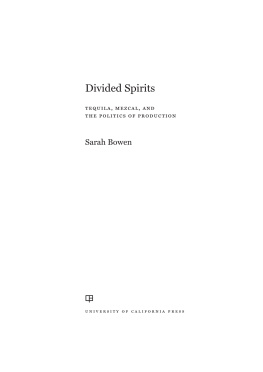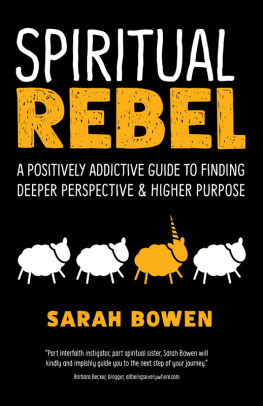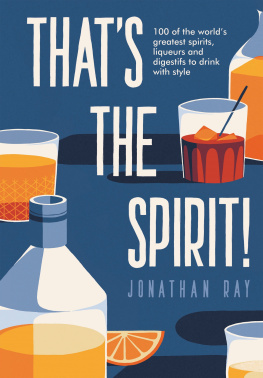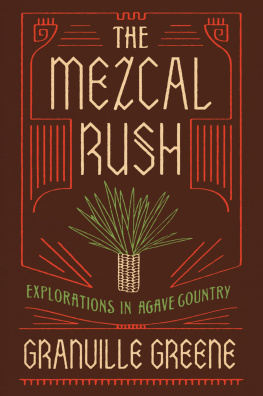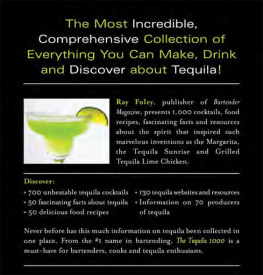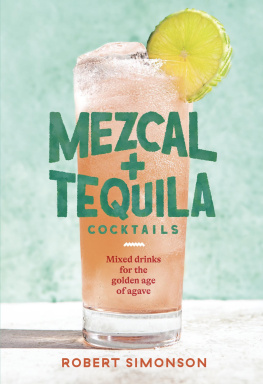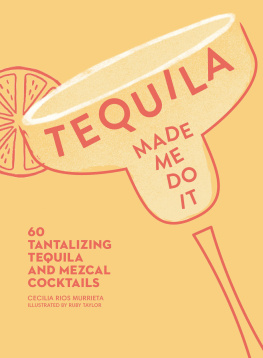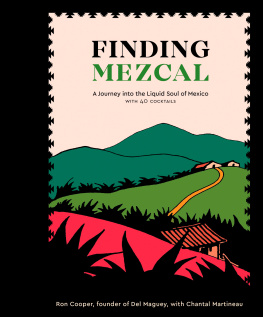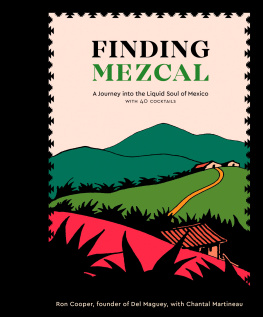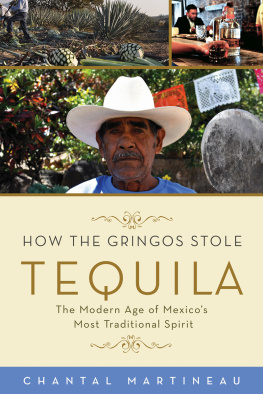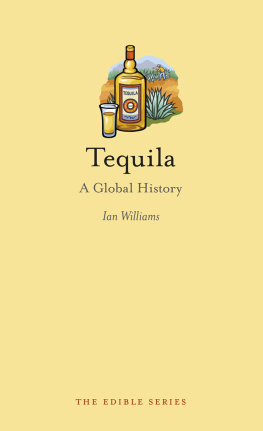Sarah Bowen - Divided Spirits : Tequila, Mezcal, and the Politics of Production
Here you can read online Sarah Bowen - Divided Spirits : Tequila, Mezcal, and the Politics of Production full text of the book (entire story) in english for free. Download pdf and epub, get meaning, cover and reviews about this ebook. year: 2015, publisher: University of California Press, genre: Politics. Description of the work, (preface) as well as reviews are available. Best literature library LitArk.com created for fans of good reading and offers a wide selection of genres:
Romance novel
Science fiction
Adventure
Detective
Science
History
Home and family
Prose
Art
Politics
Computer
Non-fiction
Religion
Business
Children
Humor
Choose a favorite category and find really read worthwhile books. Enjoy immersion in the world of imagination, feel the emotions of the characters or learn something new for yourself, make an fascinating discovery.
- Book:Divided Spirits : Tequila, Mezcal, and the Politics of Production
- Author:
- Publisher:University of California Press
- Genre:
- Year:2015
- Rating:3 / 5
- Favourites:Add to favourites
- Your mark:
Divided Spirits : Tequila, Mezcal, and the Politics of Production: summary, description and annotation
We offer to read an annotation, description, summary or preface (depends on what the author of the book "Divided Spirits : Tequila, Mezcal, and the Politics of Production" wrote himself). If you haven't found the necessary information about the book — write in the comments, we will try to find it.
In recent years, as consumers increasingly demand to connect with the people and places that produce their food, the concept of terroirthe taste of placehas become more and more prominent. Tequila and mezcal are both protected by denominations of origin (DOs), legal designations that aim to guarantee a products authenticity based on its link to terroir. Advocates argue that the DOs expand market opportunities, protect cultural heritage, and ensure the reputation of Mexicos national spirits. Yet this book shows how the institutions that are supposed to guard the legacy of all Mexicans often fail those who are most in need of protection: the small producers, agave farmers, and other workers who have been making tequila and mezcal for generations. The consequencesfor the quality and taste of tequila and mezcal, and for communities throughout Mexicoare stark.
Divided Spirits suggests that we must move beyond market-based models if we want to safeguard local products and the people who make them. Instead, we need systems of production, consumption, and oversight that are more democratic, more inclusive, and more participatory. Lasting change is unlikely without the involvement of the state and a sustained commitment to addressing inequality and supporting rural development.
Sarah Bowen: author's other books
Who wrote Divided Spirits : Tequila, Mezcal, and the Politics of Production? Find out the surname, the name of the author of the book and a list of all author's works by series.

